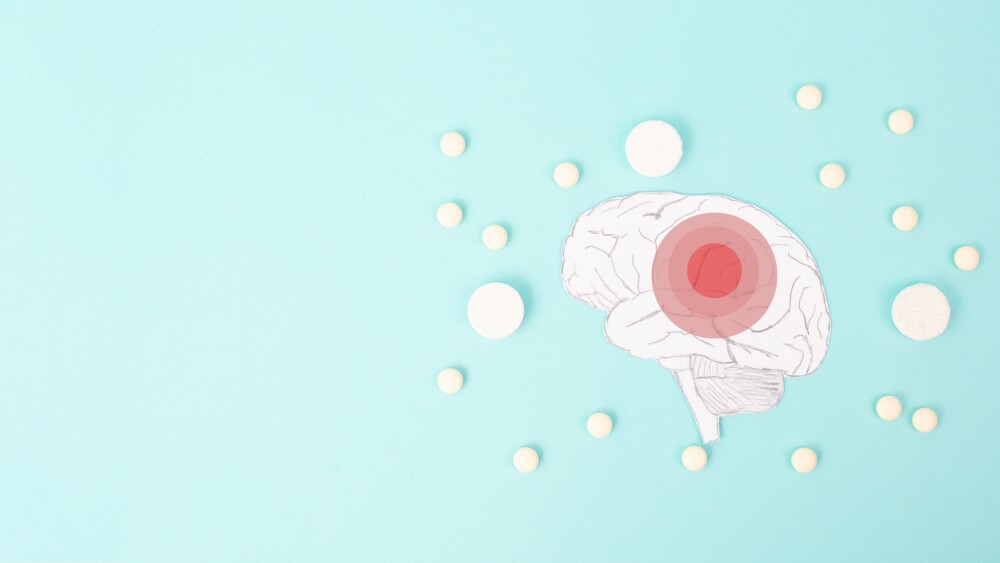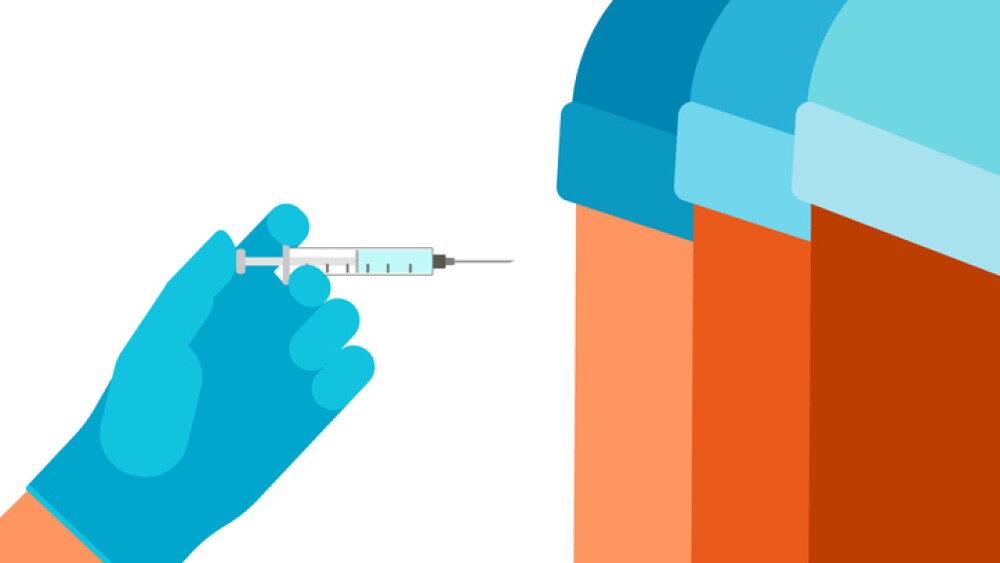NEW YORK, Sept. 18 /PRNewswire/ -- Intra-Cellular Therapies today announced it has developed a novel series of non-hormonal compounds that show promise in the treatment of female sexual dysfunction (FSD). These small molecule agents are specific and potent inhibitors designed to regulate neuronal activity in selected regions of the brain. The Company believes these compounds may have utility in the treatment of hypoactive sexual desire disorder (HSDD), a condition that affects a significant percentage of older, peri- and post-menopausal women and is one of the disorders commonly classified as "female sexual dysfunction."
ITI's molecules have demonstrated promising activity in animal models of sexual behavior, specifically eliciting enhanced female sexual interest and activity. The Company's lead compounds show behavioral effects equivalent to those observed after treatment with progesterone, the gold standard for hormonal treatment, in a rodent model of female sexual behavior. In addition, the compounds potently and robustly increase solicitation behaviors in a female rodent model at doses that do not otherwise disrupt normal behaviors. Studies have shown compounds from this novel chemical series are orally bioavailable and penetrate into the brain after oral administration. Follow-on studies are being conducted to support preclinical safety and toxicology testing.
"Decreases in hormone levels with menopause can bring about a number of serious consequences in women's general health and sexual well-being," said Sharon Mates, Ph.D., Chairman and Chief Executive Officer of Intra-Cellular Therapies. "Today, these symptoms are treated with hormonal replacement therapies that can be associated with adverse side-effects. We are encouraged by the results of our studies with these non-hormonal compounds and are hopeful they will yield treatment alternatives to hormonal replacement therapies for women in this underserved market."
About Female Sexual Dysfunction (FSD)
There are an estimated 40 million women in the United States currently experiencing the transition from peri-menopausal to post-menopausal states. In the next decade an additional 20 million women are expected to reach this life milestone. Unfortunately, this transitional state is associated with a number of troubling signs and symptoms that impact the quality of life, including hot flashes, night sweats, osteoporosis, sleep disorders, and loss of libido. Hypoactive sexual desire disorder (HSDD), commonly classified as a component of female sexual dysfunction (FSD), is characterized as a persistent absence of sexual fantasies or thoughts and/or desire for and receptivity to sexual activity that causes distress.
About Intra-Cellular Therapies
Intra-Cellular Therapies, Inc. (ITI), is a biopharmaceutical company that is developing novel drugs for the treatment of diseases and disorders of the central nervous system (CNS). Building on the science generated from the Nobel Prize winning laboratory of Dr. Paul Greengard at The Rockefeller University, the Company develops compounds that have the potential to treat a wide range of diseases associated with the CNS including schizophrenia, sleep disorders, Parkinson's and Alzheimer's disease, cognitive deficits in schizophrenia, depression and female sexual dysfunction and other disorders pertaining to women's health. To aid in the development process, the Company incorporates its CNSProfile(TM), a state-of-the-art platform that allows ITI to choose compounds with the strongest potential to succeed in these difficult to treat diseases.
Earlier this year, ITI initiated Phase I clinical programs for schizophrenia and sleep maintenance disorders. ITI-007, the Company's first-in-class dual 5HT2A receptor antagonist/dopamine receptor phosphoprotein modulator (DPPM) is being studied for the treatment of schizophrenia. ITI-722, a low dose formulation of ITI-007 with selective 5HT2A receptor antagonist properties, is being evaluated for the treatment of sleep maintenance insomnia. These molecules have a novel combination of pharmacologic properties that have the potential to define the future of antipsychotic drug therapy and the treatment of sleep maintenance disorders.
Intra-Cellular TherapiesCONTACT: Allen A. Fienberg, Ph.D., Vice President, Business Development,of Intra-Cellular Therapies, Inc., +1-212-923-3344; or Juliane Snowden,Investors, or Kathy Nugent, Ph.D., Media, both of Burns McClellan, Inc.,+1-212-213-0006, for Intra-Cellular Therapies
Web site: http://www.intracellulartherapies.com/




